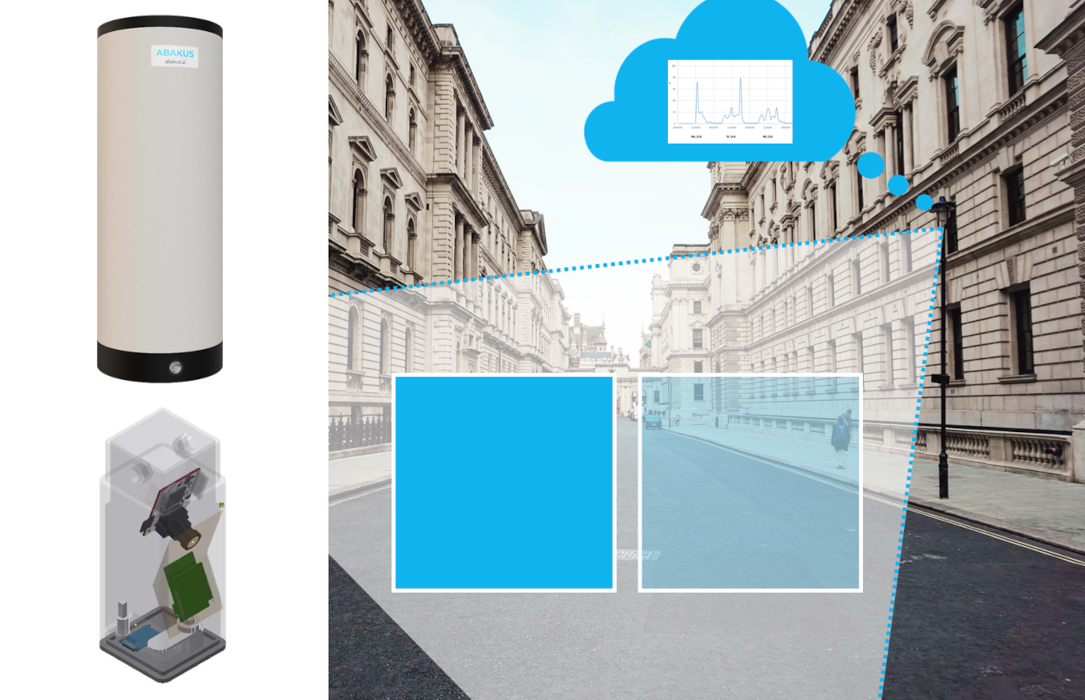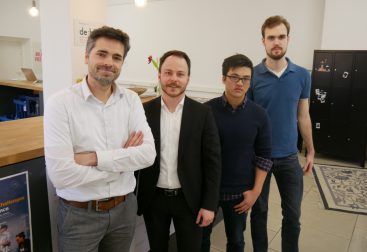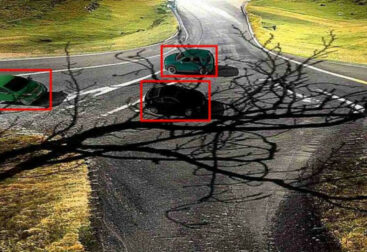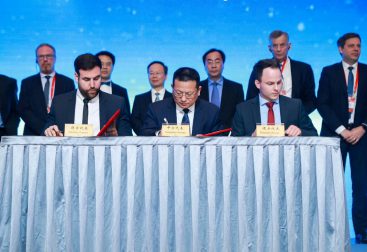Developing the future of mobility does require thinking about different modes of sustainable transportation. For urban mobility this implies bicycles. Bicycle usage in Germany has seen a significant increase during the 2000s and 2010s. This is partly also due to the development and widespread adaptation of pedelecs and electric bikes.
Many cities are looking to modernize and optimize their infrastructure for bicycles. This is also reflected in the growing number of projects and research initiatives that aim to further develop bicycle traffic as a sustainable alternative to cars in the city.
To consider bikes when planning and optimizing infrastructure, traffic planners need to have reliable data. NovelSense is developing a camera based sensor to analyze bike related traffic flows. The small and embedded sensor is sold under the name Abakus.
The following video shows the installation process of the first prototype of Abakus traffic counters:
With the system, NovelSense aims to develop a camera system that operates in accordance to GDPR rules. This is realized using a Neural Net running on an AI processor that enables real-time analysis of video data, without the need of recording and storing personal information. The system is also built as a low-power application. In this way it can be operated on battery supply for up to two weeks.
The new system is currently being tested by partners of the Movebis project at the University of Dresden.



